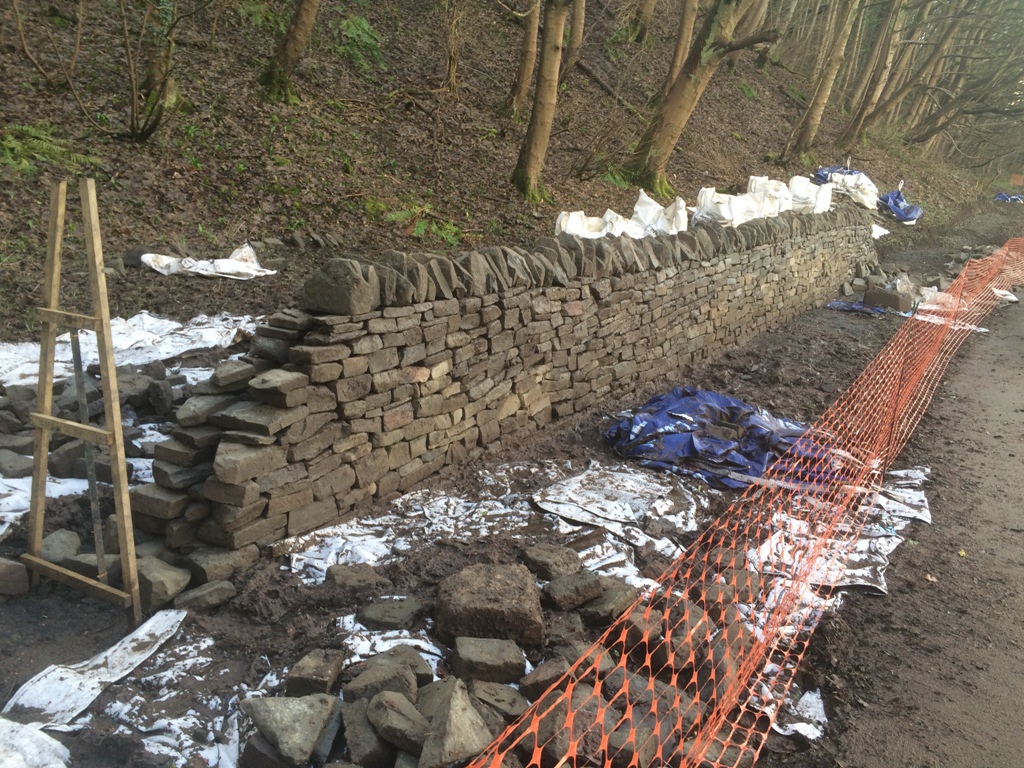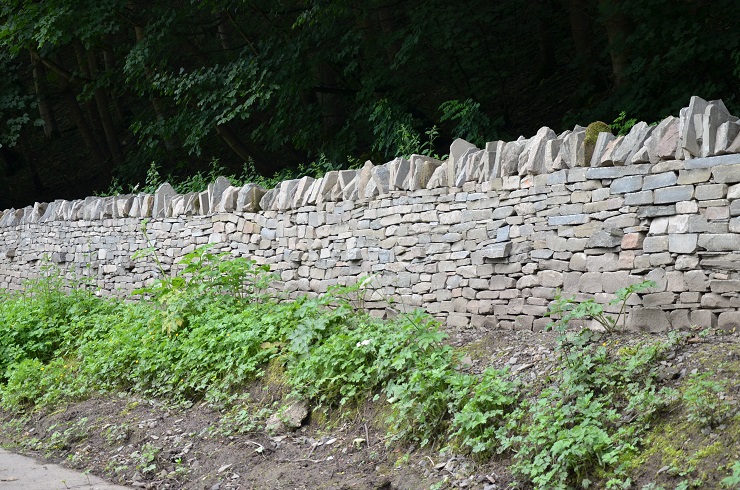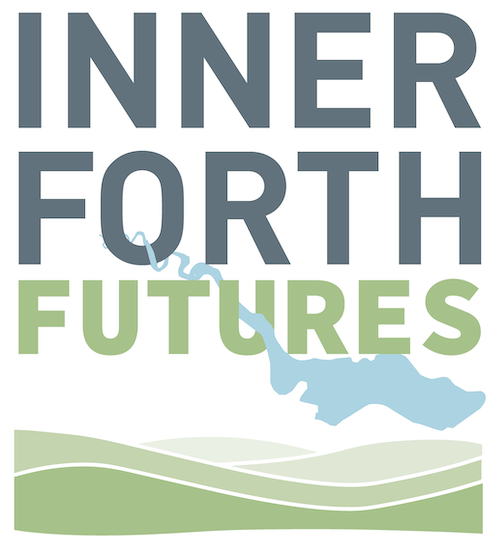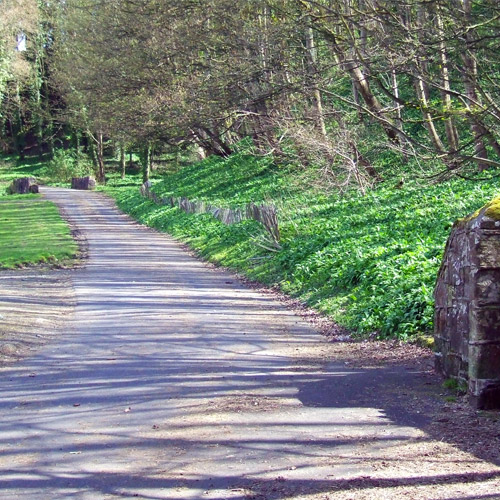Drystone Dyke Traineeships
Working in partnership with Falkirk Council’s Employment Training Unit (ETU) eight trainees were supported through a dry stone wall training programme based at the Kinneil Estate near Bo’ness. The participants gained a valuable qualification as well as practical work experience, whilst improving a feature of the designed landscape. Trainees created the drystone dyke to complement existing stone walls in the area, including a dyke along the side of the road used for the annual Bo’ness Hill Climb event. This will ultimately incorporate interpretive stones that link to various aspects of Kinneil Estate's natural and cultural heritage. The decision to build a totally new wall, rather than maintain or rebuild an older dyke, is relatively uncommon in this type of project, but it meant that the wall was able to incorporate features like steps, shelves for bee ketches and lunky holes, which it would have been unable to otherwise.
The 26-week training programme was designed to provide the participants with an industry-recognised qualification (a LANTRA Drystone Wall Apprenticeship). The Council’s ETU recruited eight trainees, and assisted them in gaining the Falkirk Employability Award. Where appropriate, the ETU will signpost opportunities to progress onto a Traditional Skills Apprenticeship. So far 6 of the trainees who completed the course have moved on to further apprenticeships, or employment within the Council (one trainee left during the project as they had also found employment).
The dyke was completed in 2016 and was met with very positive feedback from passers-by and locals. Below are pictures of the dyke under construction, as well as in its finished form, and with the year-marker included. 100 metres of dyke were constructed.


Aside from the obvious benefit this project had for the trainees, the drystone dyke visually improved the area (already a spot of historical interest due to the nearby Kinneil House and Museum, James Watt's Cottage and Roman fortlet), as direct feedback from the public can attest to. It also provides better habitat for small animals and birds, so also has the benefit of helping local wildlife. Falkirk Council will continue to monitor and - if necessary - repair the drystone dyke to ensure it remains in place for years to come. A full report on this project can be seen below.


